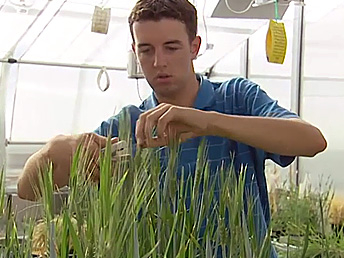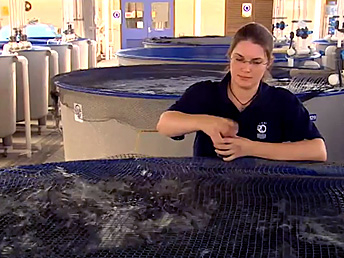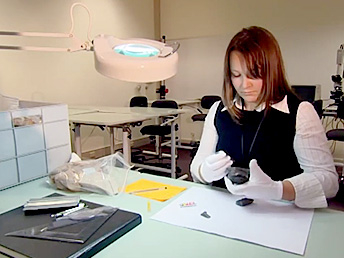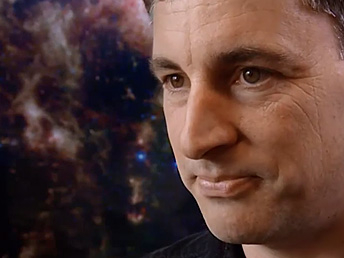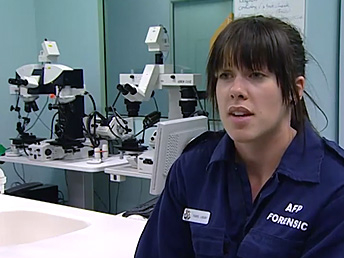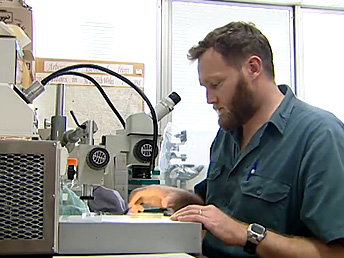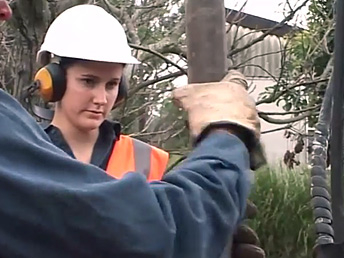
Biophysicist
Biophysics is a connection of biology and physics. A biophysicist looks at the patterns in life (biology) and analyses them (maths and physics) to find solutions that can be tested and applied to health and environmental areas.
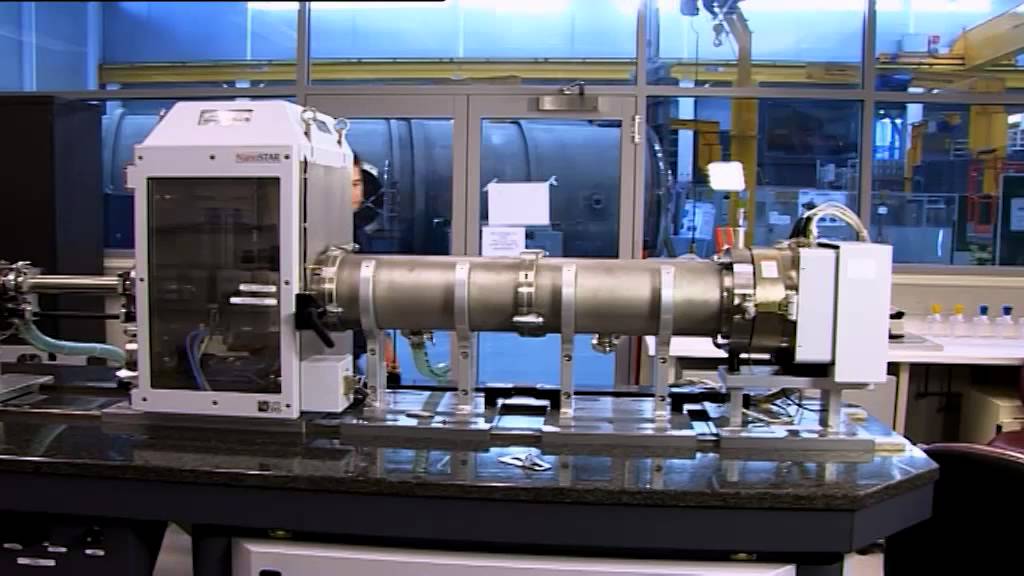

What the job looks like
Salary expectation
starts at $55,000 up to $125,000+

The good
- A unique environment
- Being able to explore areas of curiosity
- Solving problems and continually learning
- Using some of the latest technologies and equipment
The not so good
- Tedious aspects of the job
- Relying on funding for projects
Biophysicists are able to provide answers to some of the serious questions that face our society such as:
- How can we feed an increasing population?
- Where will we get our energy from?
Biophysicists are able to study the patterns in life by applying the laws of mathematics and physics to come up with solutions. You will study life at every level - from atoms and molecules to environments and organisms. Your research will be used to make and test predictions across industries such as health and the environment.
A successful biophysicist will use mathematics to carry out some of the following tasks:
- Help scientists understand how the body works
- Examine DNA structure
- Invent cures for disease
- Find alternative energy solutions
- Produce lifesaving drugs
Technical skills will also be important to utilise computer modelling software and enter data.
If you enjoy solving problems, making discoveries, science and working as part of a team, then a career as a biophysicist could be for you.
The work we do everyday is pushing the boundaries of science.
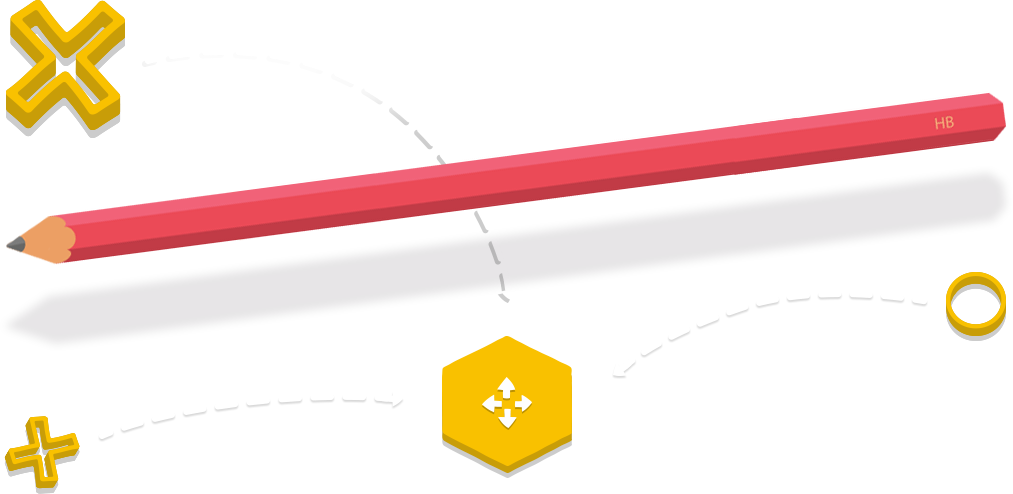
Pathways to this career
Subject suggestions for the HSC
Choosing your HSC subjects from this list could really help with your career. Think carefully about what you want to study after school as you might need to choose specific HSC subjects for that course and to count towards your ATAR (Australian Tertiary Admission Rank). An ATAR is your academic rank in relation to other HSC students and helps with University admission.
HSC subjects
Some subjects will count towards your ATAR, others will not. Check with your career advisor before making subject selections.
- English (Advanced or higher)
- Mathematics (2 unit or higher)
- Chemistry
- Physics
- Biology
- Information Processes and Technology
What can I do after I have finished school?
University degrees
Studying one of these degrees can help with your career.
- Bachelor of Science
Suggestions
Watch lots of science documentaries to see what sparks your interest the most and check out Australian Society for Biophysics for more information
- Scientists need to have a wide range of skills to adapt to different roles. Talk to your science teacher to find out more and study as many different sciences as you can
- Keep up to date with some of the research that is happening. Watching the news is a good place to start
- Follow different science organisations on Facebook, Twitter and Instagram for interesting posts and updates
- Go to career expos and events like university Open Days for information about what you will study
